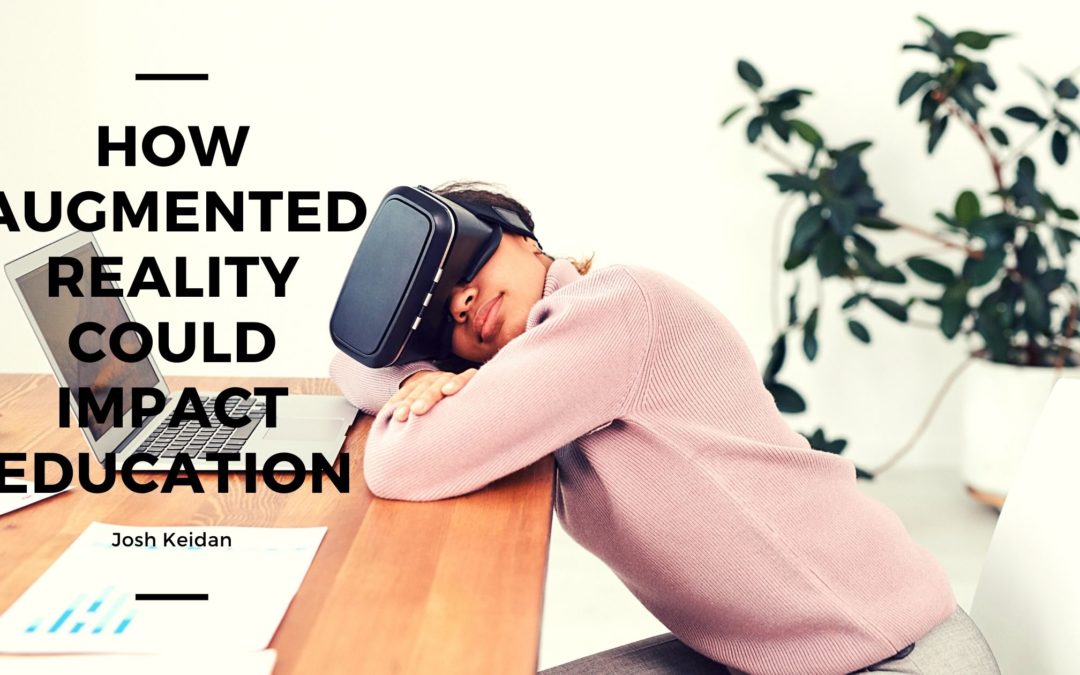Augmented reality is the most current technology breakthrough in today’s digital space. Augmented reality- AR, especially in education, will affect the orthodox learning process. It can alter the timing and location of studying and introduce new additional learning methods. The technology used in AR can make classes more fun, informative, and engaging for students.
Teachers and tutors know that interaction and creativity is part of the learning process. AR comes in handy when teachers are trying to get their students interested in specific subjects. Today, over 80% of people have smartphones. Most young people use their devices to play games, access social media, and stay connected to loved ones. Combining AR and smartphones for educational purposes is an undiscovered potential that could help students access digital information and make learning easier. Below are some examples of how augmented reality could change the learning process for both students and teachers:
Objects modeling
Hand exercises, manual training, and quiz solving help students have a better understanding of any subjects. For Example, AR apps can help medical students deeply explore anatomy through 3D models in ways that conventional learning process can’t.
Learn and discover
People interested in history could access augmented reality using their smartphones and discover any historical content related to things in a museum. Once AR is available, there will be great and new opportunities for learning institutions.
Interactions and engagements
When teachers incorporate AR into the lesson, the students become actively involved in the class by using 3D models. This includes using AR as part of the study or to introduce a new topic.
Helps to explain difficult concepts and abstracts
AR can turn difficult-to-imagine images into 3-dimensional models for students to quickly grasp the content and abstract. This is good, especially for visual learners and those who translate theoretical things into real concepts.
Training
In most cases, having theoretical knowledge is hardly enough to set people up for success in their future professions. Students, especially those in technical schools, should not just be passive observers and mare listeners. They need hands-on experience and practice in their vocations. AR can help them perform virtual practice using digital modeling, augmented tutorials, and simulations. It’s not a secret that students who are more engaged in a lesson learn faster and better understand the topic.

